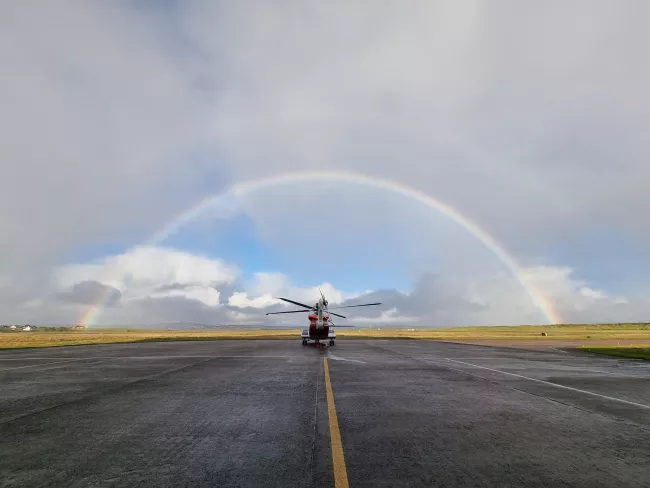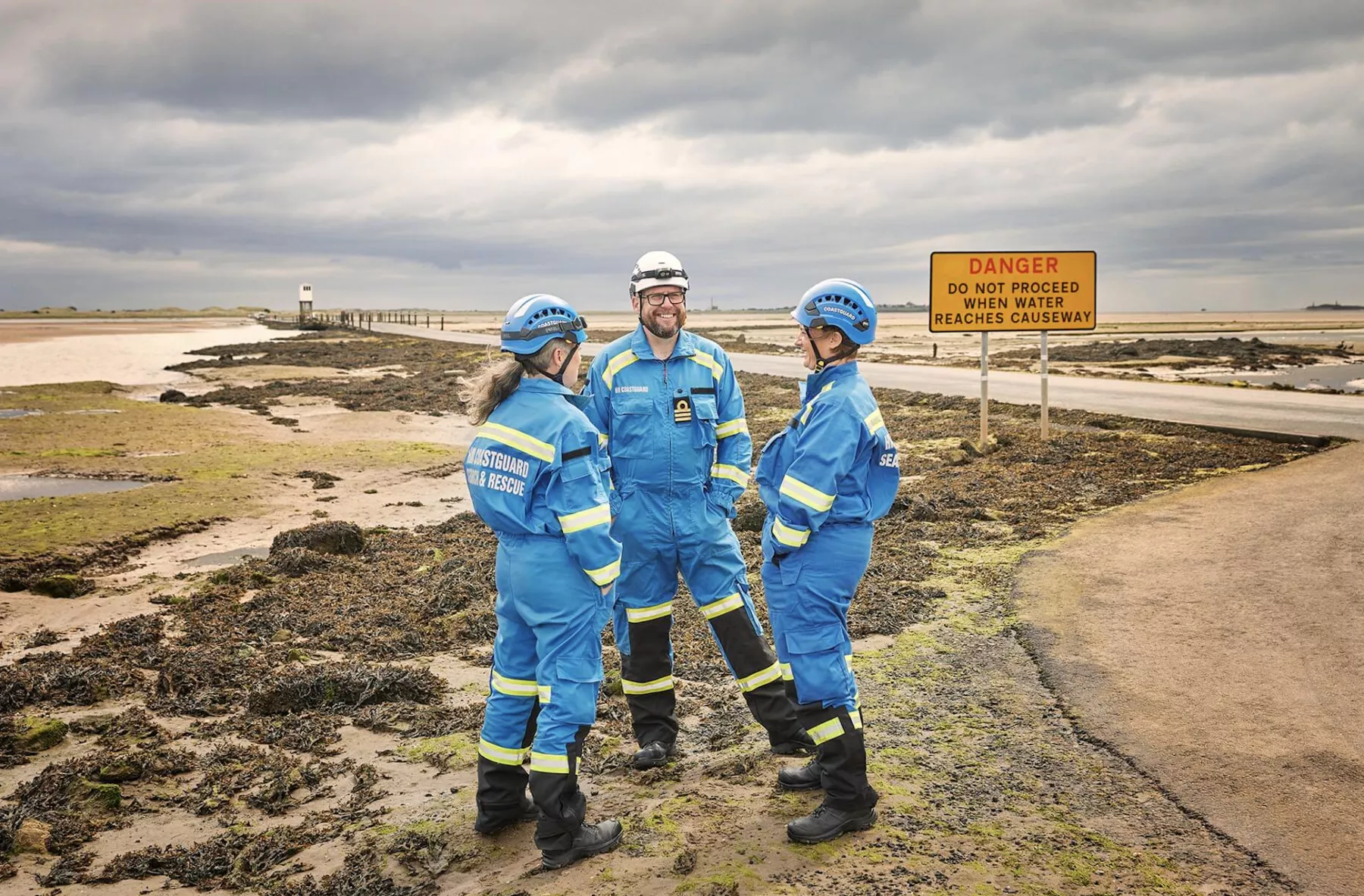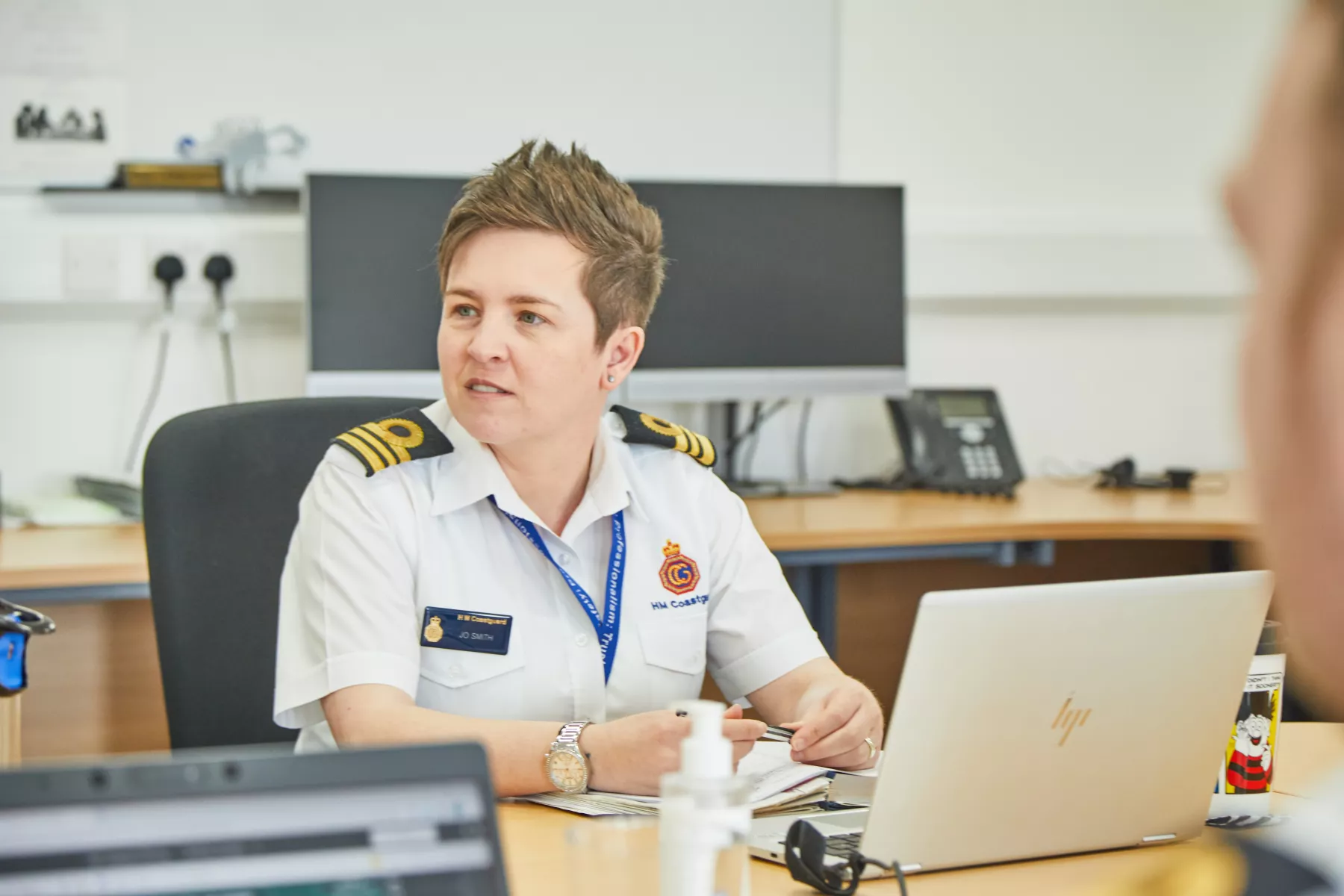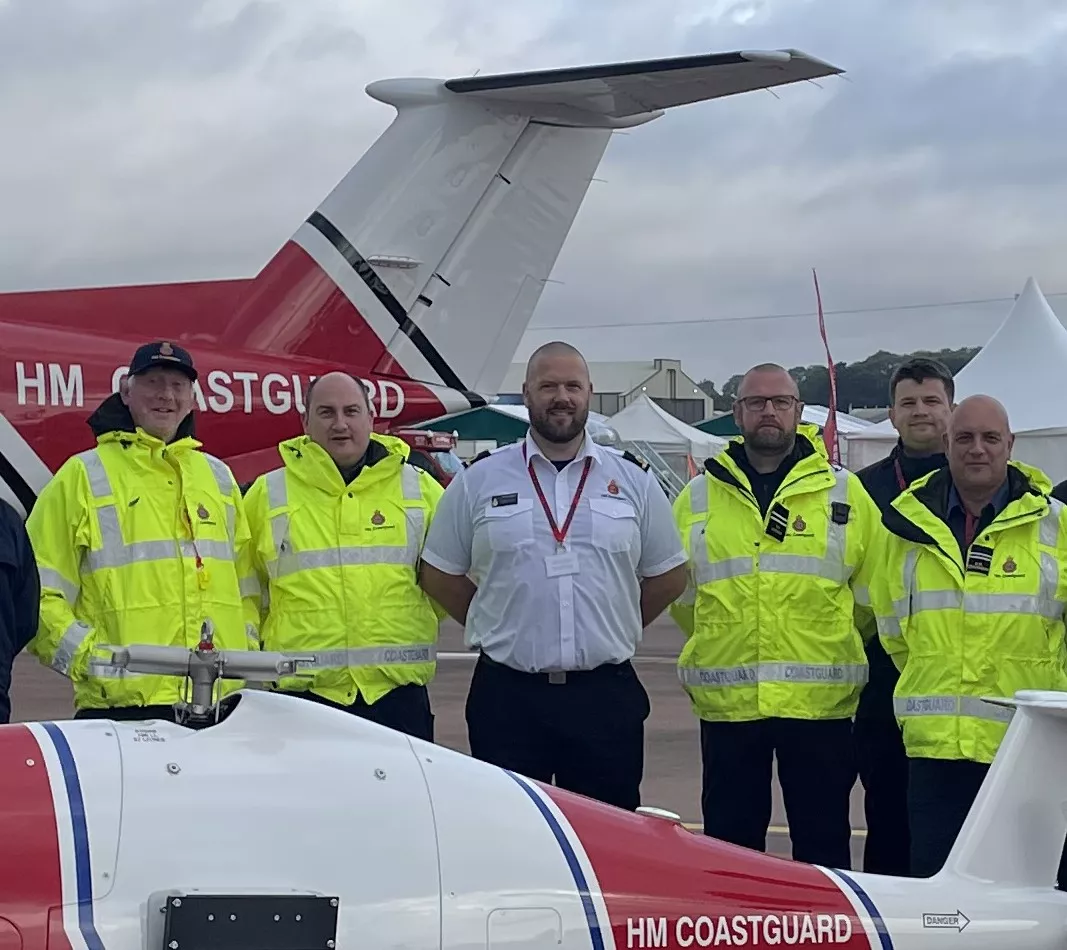We have introduced you to Senior Maritime Operations Officer (SMOO) Dave at Humber, SMOO Norman at Belfast, Maritime Operations Officer Gregg in Milford and Team Leader Jolene at Humber to give you a bit of insight into what makes our operations room staff tick. We are rounding off our week of introductions with Graham at Stornoway.
We hope you never have to meet them but, if the worst happens at the coast and you have to call 999 and ask for the Coastguard, it is experienced people like Dave, Norman, Gregg, Jolene and Graham who will be on the other end of the phone, ready to guide you to safety.
National network
HM Coastguard operates on a UK-wide basis and, as the only national emergency service, is responsible for a Search and Rescue Region of approximately one million square nautical miles.
There are three MRCCs in England (Humber, Falmouth and Dover), as well as the Joint Rescue Coordination Centre and the London Maritime Rescue Sub-Centre, three MRCCs in Scotland, with one each based in Shetland and Stornoway as well as Aberdeen, one in Northern Ireland and two in Wales, Milford Haven and Holyhead.
Stornoway Maritime Rescue Coordination Centre (MRCC) – A Team Leader
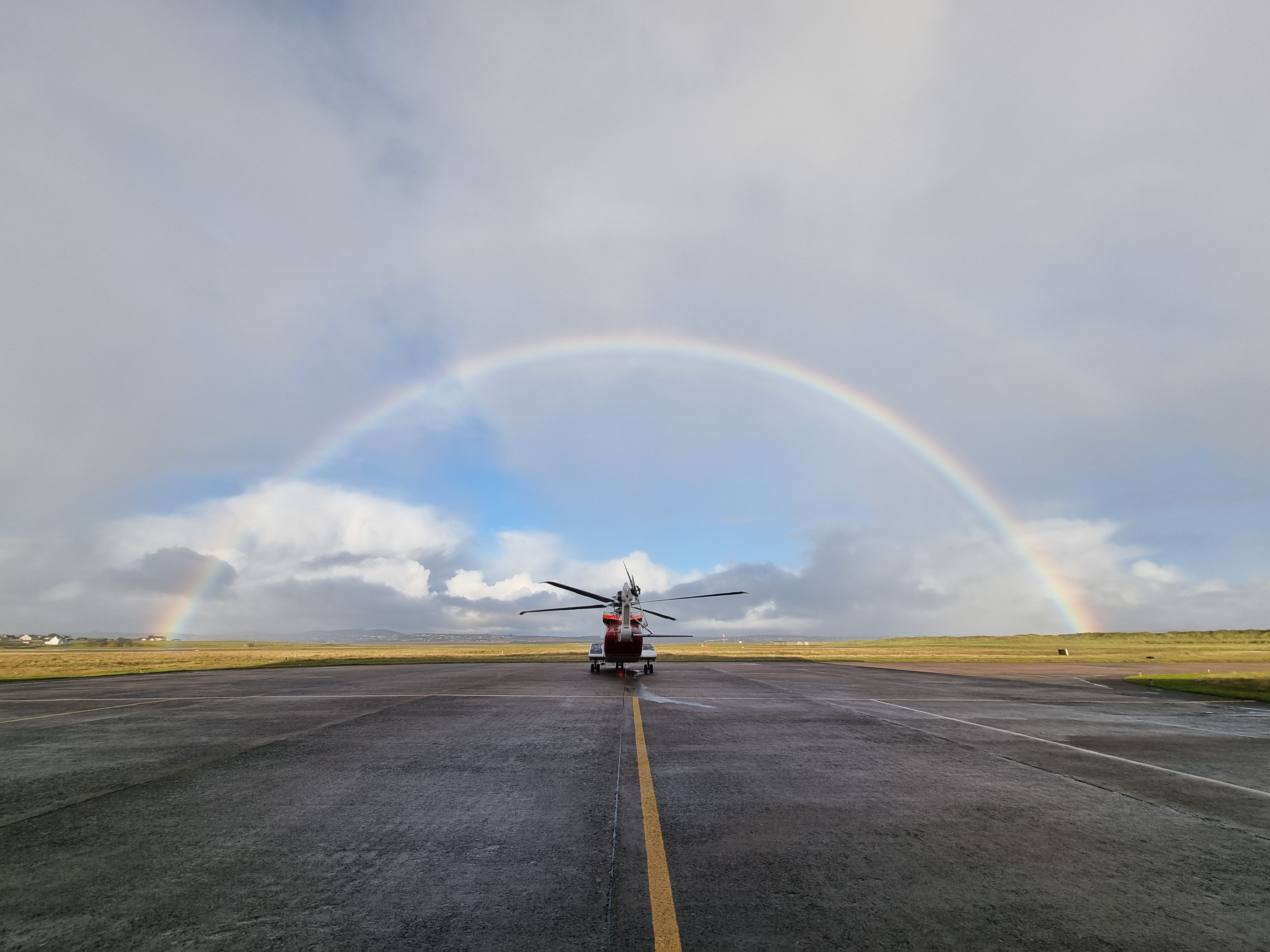
Name: Graham
Job title: Team Leader (maritime operations)
Role: Joined in June 2015
Why (and when) did you join HM Coastguard?
I joined in June 2015, just before Stornoway MRCC became part of the national network. Main reason for joining was the job security that being part of the civil service brings; there are limited options for entry level jobs on the island that give that.
If you’re interested and on the islands, I would definitely suggest having a look into the MOO role.
What do you enjoy most about being a member of the team?
The camaraderie that working with the same people so closely and for extended periods of time gives is second to none. We share the highs and lows and are quite often the main support network we have following challenging incidents.
What new skills have you learned in your role?
Where to start! Having very, very limited nautical knowledge or skills when I started, the learning curve felt (and still does at times) like a vertical line. The recent upskilling course for line management, that I just took, was very good and useful as well.
What is the most challenging part of your role?
Balancing the operational and leadership aspects of the Team Leader role. Operations, namely Search & Rescue, must take priority at all times and so, when it is busy, trying to fit that in with the admin side of management and other governance tasks can be a challenge. I am sure most busy managers can relate across industries.
What is the most unusual incident you have responded to?
Most definitely a once in a lifetime incident – the grounding of the Transocean Winner (a drilling rig) on the west coast of the Isle Of Lewis in 2016. It’s not everyday you phone the on-call duty officers to tell them a rig has hit the coast! Thankfully, no injuries and very minor pollution and some very epic photos but it is an incident I will remember forever.
Are you a lover of the sea? Why?
I love watching the rough weather, live near a causeway that gets closed on occasion due to the waves and debris – the power is incredible. Being on the sea, not so much; any swell makes my stomach churn.
Do you also volunteer? If so, where and why?
I volunteer coach a youth shinty team where I can fit around shift pattern. Used to play and miss those days so coaching the youngsters is the best way of staying involved.
Shinty (for the non-Scottish readers) = a team sport played with sticks and balls. Similar to Irish Hurling or Welsh Bando.
